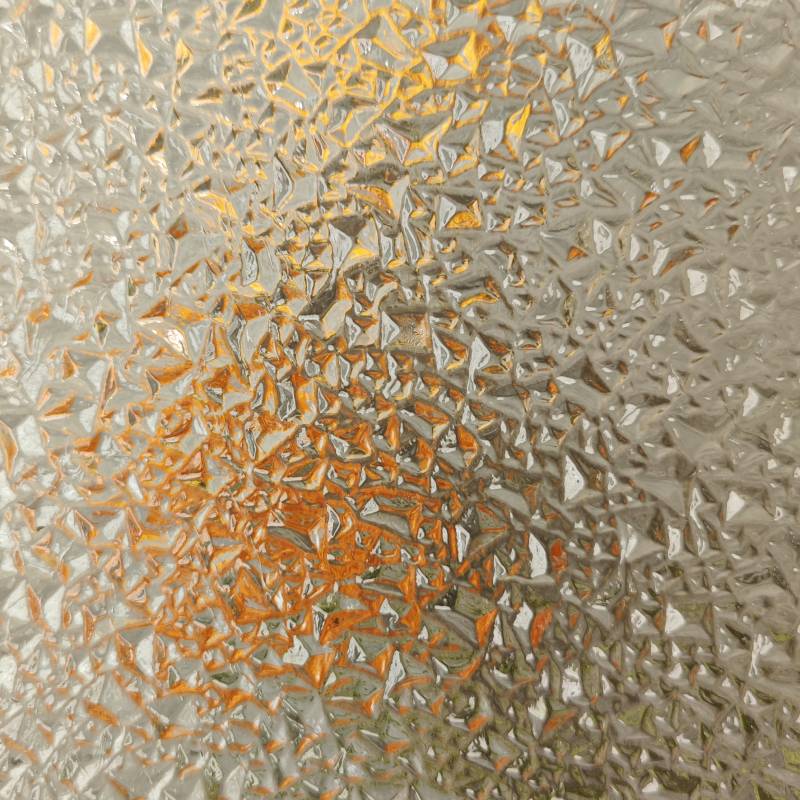Float glass sheets, distinguished by their unparalleled flatness and optical clarity, are fundamental components in countless architectural and industrial applications. Born from the highly sophisticated float glass process where molten glass is floated over molten tin, these sheets epitomize the pinnacle of precision and quality in glass manufacturing.

The float glass process, perfected over decades, is pivotal in producing glass sheets that satisfy the stringent requirements of industries ranging from construction to high-tech electronic displays. This method, which revolutionized glass making in the mid-20th century, allows for the mass production of uniform glass sheets with minimal surface distortion. This results in products that meet the highest optical standards, indispensable for applications requiring precise light transmission and visual accuracy.
In the architectural realm, float glass sheets are synonymous with modern aesthetics and functionality. Their inherent properties make them ideal for a range of uses, from expansive building facades to sophisticated interior designs. The seamless look offered by these glass sheets enhances natural light infiltration while providing a sleek, contemporary appearance. Moreover, they serve as an excellent substrate for additional treatments, such as laminating, tempering, and coating, which further enhance their strength, safety, and energy efficiency.

For industrial experts, the versatility of float glass sheets extends into specialized sectors such as solar energy and automotive industries. In solar panel production, the uniformity and high transmission rates are crucial for maximizing energy conversion efficiency. Automotive industries value these sheets for their rigorous safety and performance standards, deploying them in everything from windshields to advanced heads-up displays.
A critical aspect of selecting float glass sheets for any application involves appreciating their durability and customization options. Industry professionals recognize that these sheets are not only robust and resistant to environmental wear but can also be tailored in thickness, size, and coating to meet specific project demands. This adaptability underscores their role as a staple material across diverse sectors.
float glass sheets
Furthermore,
the advancements in float glass technology underscore its sustainability advantages. Innovators in the field emphasize the recyclability of float glass, which can be repeatedly repurposed with minimal loss of quality. This aligns with global sustainability goals and enhances the eco-credentials of projects incorporating these materials.
In terms of expertise, manufacturers produce float glass sheets under stringent quality controls, adhering to international standards such as ISO and ASTM. This adherence ensures consistency, safety, and performance, lending an authoritative seal of approval to their use in high-stakes projects.
From a trust standpoint, leading manufacturers continuously invest in research and development to push the boundaries of what float glass can achieve. Their commitment to innovation and quality assurance establishes a trusted relationship with end-users, who can rely on the glass's performance over its lifecycle.
In conclusion, float glass sheets epitomize excellence in modern material engineering, offering unmatched quality and versatility. Their critical role across multiple industries underscores their value, supported by expert manufacturing processes that guarantee superior performance and sustainability. For those seeking reliable, high-quality glass solutions, float glass sheets undoubtedly offer unparalleled benefits and innovative potential.



